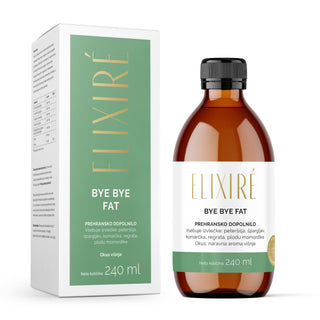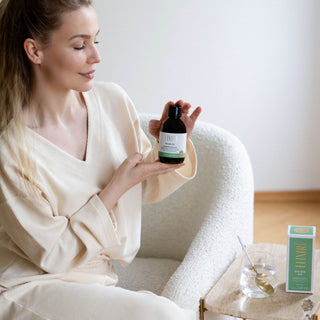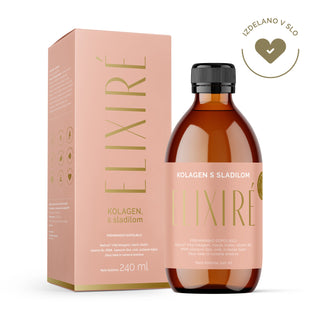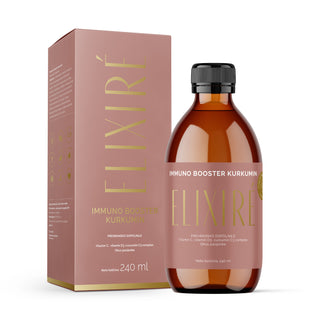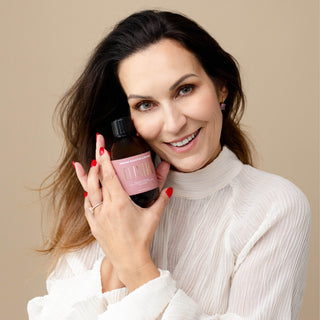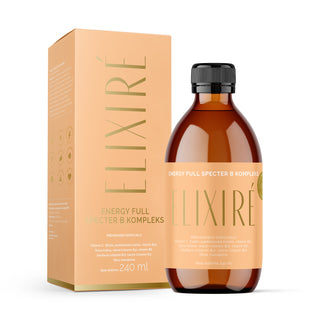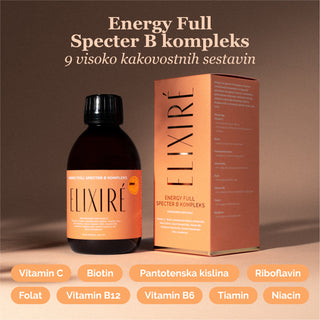Menopause is not an end – it is a new beginning. It is a natural biological transition that occurs 12 months after the last menstrual period. (1*) The average age of menopause is 51, but each woman enters it with her own story, pace and body. Although the end of fertility brings physiological changes, this period can become a time of personal freedom, inner strength and a new perspective on herself.
What happens during menopause?
If perimenopause is a period of change, menopause is a moment – a silent milestone that heralds the end of fertility. The hormonal picture stabilizes at lower levels of estrogen and progesterone, which affects many bodily processes:
-
Hot flashes and night sweats may persist. (2*)
-
Dry vaginal mucosa can affect intimate life.
-
Sleep it becomes more shallow and interrupted.
-
Metabolism slows down, which can lead to weight gain. (3*)
What does the body need now?
During this period, the body needs targeted support based on scientific evidence and gentle care:
-
Vitamin D and calcium – contributes to the maintenance of healthy bones and teeth (EFSA ID 230, 231, 232). Vitamin D also plays a role in the functioning of the immune system. (4*)
-
Magnesium – contributes to the reduction of tiredness and fatigue and to muscle function (EFSA ID 235, 236).
-
Omega-3 fatty acids – contribute to the normal function of the heart and the maintenance of normal blood pressure (EFSA ID 510, 536). (5*)
-
Mindful physical activity – especially weight-bearing exercise for the bones and aerobic exercise for the cardiovascular system.
Menopause as an opportunity
This is a time when self-care is key. Accepting that your body works differently and letting go of old expectations allows you to blossom in a new way – with more wisdom and less need to prove yourself. With the support of proper nutrition, natural supplements, and a healthy lifestyle, menopause becomes an opportunity for personal growth and new energy.
Literature: (*)
1. Source: Executive summary: Stages of Reproductive Aging Workshop (STRAW), (MR Soules, S. Sherman, E. Parrott, R. Rebar, N. Santoro, W. Utian, N. Woods), https://pubmed.ncbi.nlm.nih.gov/11704104/
2. Source: Menopausal hot flashes: Mechanisms, endocrinology, treatment, (R.R. Freedman), https://www.sciencedirect.com/science/article/abs/pii/S0960076013001532
3. Source: Weight Gain in Women at Midlife: The Influence of Menopause, (J. Lovejoy), https://www.researchgate.net/publication/244890208_
4. Source: Scientific Opinion on the substantiation of health claims related to dietary fiber (ID 744, 745, 746, 748, 749, 753, 803, 810, 855, 1415, 1416, 4308, 4330) pursuant to Article 13(1) of Regulation (EC) No 1924/2006, (EFSA), https://efsa.onlinelibrary.wiley.com/doi/10.2903/j.efsa.2010.1735
5. Source: Omega-3 fatty acids and cardiovascular disease: effects on risk factors, molecular pathways, and clinical events, (D. Mozaffarian, J.H.Y. Wu), https://pubmed.ncbi.nlm.nih.gov/22051327/

